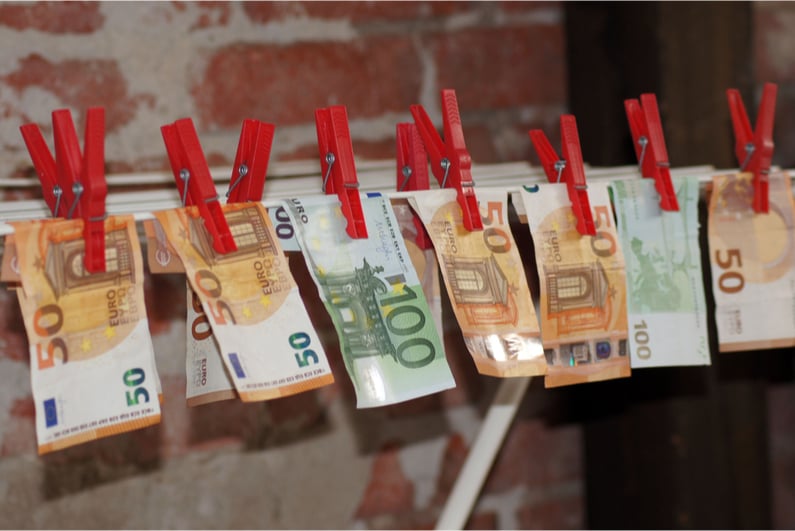May have been unknowing partner
Wirecard, the German financial services company and payment processor that filed for insolvency in June, has found more trouble. According to a Financial Times (FT) report, Wirecard processed payments for an online casino that itself laundered money for a division of ’Ndrangheta, a powerful European mafia organization.
Wirecard processed payments for CenturionBet and thus, by extension, helped the mafia move its money.
Online casino CenturionBet was the vehicle ’Ndrangheta, used to launder millions of the group’s euros. Wirecard processed payments for CenturionBet and thus, by extension, helped the mafia move its money. FT reports that Wirecard also processed payments for another, larger online gambling company with ties to organized crime, though Italian officials are still investigating the case, so the company has yet to be named.
A former Wirecard employee said that, at least with larger online gambling site, Wirecard conducted a regulatory compliance review, giving the client passing marks. It is entirely possible that Wirecard itself was duped in both cases, but that remains to be seen. Considering all the problems the company has had over the last year and a half, the industry is having trouble giving Wirecard the benefit of the doubt.
Mafia used CenturionBet to launder money
CenturionBet’s dealings with the Arena clan of the ’Ndrangheta appear to date back to around 2015. According to the Italian Fiscal Police, in under two years, CenturionBet took in €150m ($176m) in bets and made about €5m annually. All along, CenturionBet and its owner, Francesco Martiradonna, knew that it was aiding a business run by ’Ndrangheta.
In May 2018, police seized CenturionBet along with seven brick-and-mortar betting shops and bars in Calabria. In all, starting a year earlier, authorities arrested 68 people, including Martiradonna. He was sentenced to 11 years in prison in 2019.
Wirecard’s phantom assets
This is just the latest bombshell in a bad summer for Wirecard. In June, the company filed for insolvency after an accounting scandal showed that €1.9bn ($2.2bn) on Wirecard’s balance sheet may have been completely invented. The company’s auditor, Ernest & Young (EY), would not approve of Wirecard’s financials because it was unable to find the money.
“There are clear indications that this was an elaborate and sophisticated fraud involving multiple parties around the world,” EY said.
KPMG issued a report saying that Wirecard did not give it sufficient evidence to disprove FT’s claims
Even before that, questions swirled around the company, which, in its early days, focused on payment processing for the online gambling industry. In January 2019, FT reported that Wirecard and forged and backdated contracts. Wirecard sued the Financial Times, but in September 2019, FT published alleged Wirecard internal accounting spreadsheets as evidence. KPMG was brought in to conduct an independent audit, and though it said in March 2020 that Wirecard didn’t appear to have done anything wrong, it did not completely clear its client. In April 2020, KPMG issued a report saying that Wirecard did not give it sufficient evidence to disprove FT’s claims.
Wirecard’s stock price plummeted with each piece of bad news. When EY refused to sign off on the company’s financials, though, the bottom completely fell out and Wirecard is now nearly worthless.
CEO Markus Braun resigned and was subsequently arrested, released on €5m ($5.9m) bail.




